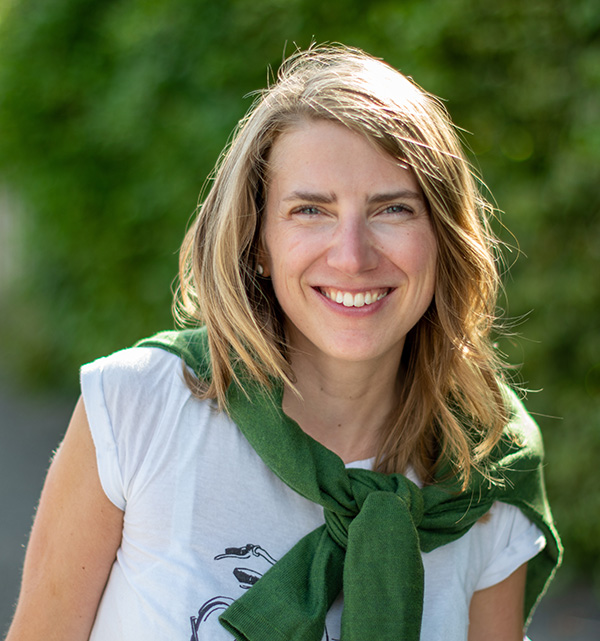ERC Starting Grant to Kathrin Rousk
Kathrin Rousk, a Tenure-Track Assistant Professor at the Terrestrial Ecology Section, Department of Biology, has been awarded a Starting Grant worth €1.5 million from the European Research Council (ERC).
Kathrin Rousk completed her MSc at the University of Marburg, Germany, and her PhD at Bangor University, UK. Kathrin came to the University of Copenhagen in 2014 as a postdoctoral researcher with a personal grant from the Independent Research Fund Denmark (IRFD).

Kathrin currently holds a Sapere Aude Research Leader grant from the IRFD, and was hired as a Tenure-Track Assistant Professor in spring 2019. Her research focuses on nutrient cycling in pristine ecosystems, with a special interest in nitrogen-fixing cyanobacteria.
The ERC Starting Grant 'Quantifying and upscaling nitrogen fixation in pristine ecosystems: Uncovering the climatic, ecological, and molecular control mechanisms” will run for five years starting in 2021.
Nitrogen (N) is an essential nutrient for all life, and one process – biological N2 fixation – accounts for more than 97% of ‘new’ N input to unmanaged, terrestrial ecosystems. Nitrogen fixation performed by moss-associated cyanobacteria is a critical source of plant available N in unpolluted habitats. Yet, this research area is still in its infancy and the research conducted so far has been focussed on Northern ecosystems. Nevertheless, other unmanaged ecosystems, such as tropical cloud forests, also harbour highly diverse and abundant moss communities - but assessments of cyanobacterial colonization and their N2 fixation capacity are lacking.
It is estimated that mosses and associated cyanobacteria can contribute more than 50% to total ecosystem N input in pristine areas, including tropical cloud forests. Despite this importance for the ecosystem N budget, large knowledge gaps on the abiotic and biotic controls of N2 fixation in mosses still remain to be filled, limiting our ability to predict climate change effects on this key ecosystem process. Further, current ecosystem models do not incorporate moss-associated N2 fixation, and thereby, underestimate ecosystem productivity.
In her ERC Starting grant, Kathrin aims to fill these critical knowledge gaps on the ecology of moss-cyanobacteria associations and their role for ecosystem nutrient cycling, linking ecology with biogeochemistry. Kathrin will shift her research focus more towards understudied, tropical ecosystems and endeavors to identify the relationship mosses and colonizing cyanobacteria share. She will use moss-cyanobacteria associations as a model system to understand how plant-bacteria symbioses evolve. The ultimate goal is to estimate ecosystem N input via the moss-cyanobacteria pathway, thereby revising current ecosystem nutrient budgets.
Kontakt
Kathrin Rousk
Department of Biology, University of Copenhagen and Center for Permafrost (CENPERM)
Tel: 46705290367
Mail: kathrin.rousk@bio.ku.dk
Helle Kirstine Blæsild
Teamleader PR & Communications
Department of Biology, University of Copenhagen
Tel: 2875 2076
Mail: helleb@bio.ku.dk
Sidsel Kretzschmer Henriksen
Science Communication
Department of Biology, University of Copenhagen
Tel: 3533 4147
Mail: sidsel.henriksen@bio.ku.dk
